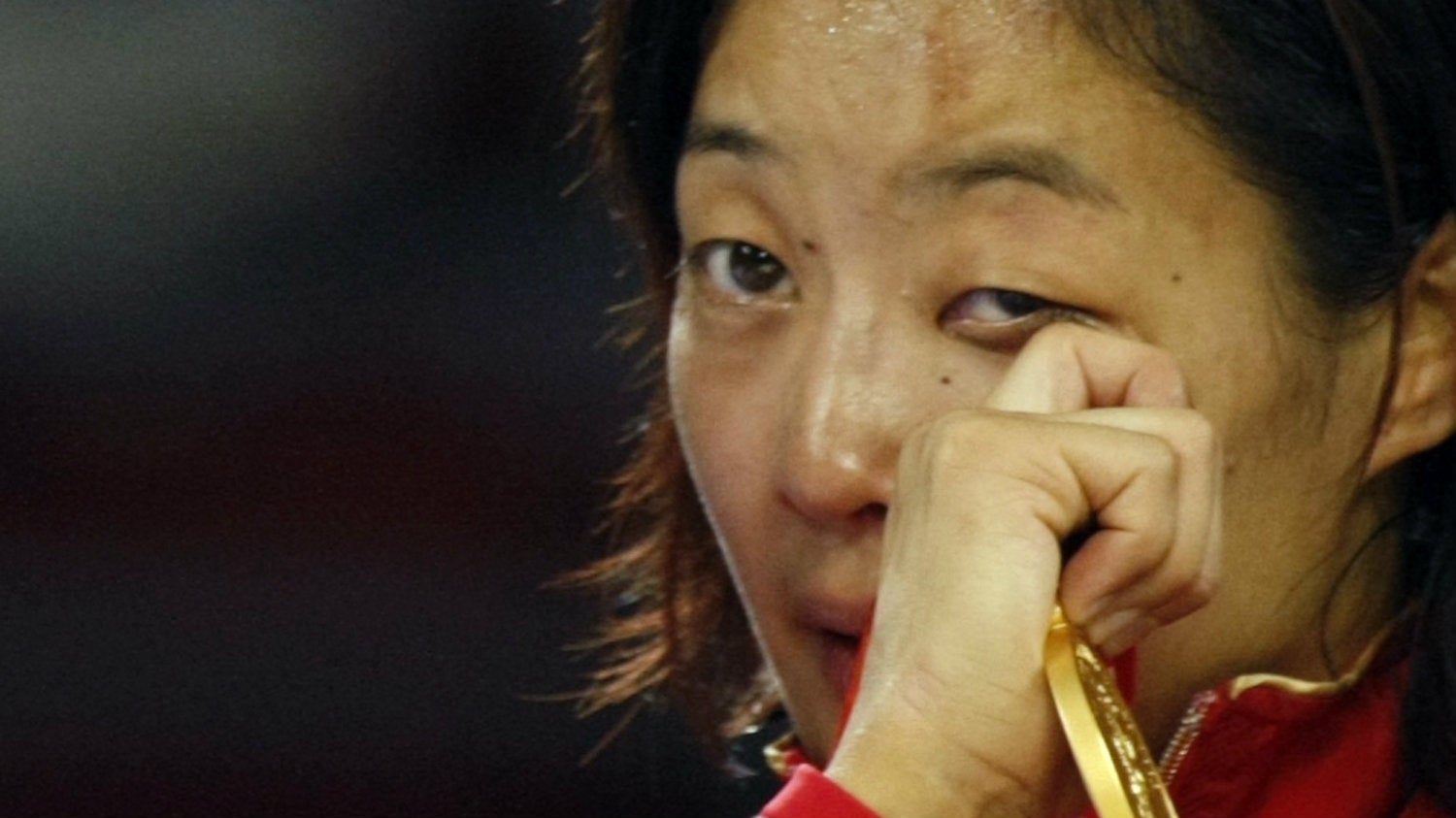Mixed emotions are a sign of complexity rather than indecision
“How are you feeling?” isn’t always an easy question to answer. Even supposedly joyous life events, such as graduation or a wedding, can be met with a wide range of emotions. And this is no bad thing, according to a paper published in the Journal of Personality and Social Psychology last month.


“How are you feeling?” isn’t always an easy question to answer. Even supposedly joyous life events, such as graduation or a wedding, can be met with a wide range of emotions. And this is no bad thing, according to a paper published in the Journal of Personality and Social Psychology last month.
Researchers conducted three studies on emotional complexity and found that rates of “emotional dialecticism,” which means experiencing both positive and negative emotions at the same time, correlate with “emotional differentiation,” the ability to experience and report emotions in a “highly differentiated and granular manner.”
“People in many Western countries see mixed feelings as undesirable—as if to suggest that someone experiencing mixed feelings is wishy-washy,” says Igor Grossmann, a psychology professor at the University of Waterloo, and lead author of the paper, in a statement. “Actually, we found that both Westerners and non-Westerners who show mixed feelings are better able to differentiate their emotions and experience their lives in an emotionally rich and balanced fashion.”
The researchers also found that people are more emotionally complex in countries that promote interdependent values, which the authors define as “attending to the wishes and concerns of others, focusing on the social context and the emotions of other people in their group,” rather than independent ones, namely “attending to one’s private qualities and inner attributes that make one appear unique and seeing one’s emotions as reflecting the inner self, originating from within.”
In the first study, the authors analyzed how often mixed-emotional expressions appeared in 1.3 million English-language web pages from ten different countries. They found that Malaysia, Singapore, and the Philippines had far more mixed-emotional expressions—determined by when positive emotion words appear within two words of a negative emotion word in the same sentence—than more self-oriented cultures, namely the US, UK, Canada, Australia, Ireland, and New Zealand. South Africa fell in between these two groups.
In the second study, researchers asked 1,396 college students from India, Japan, Russia, Germany, the UK, and the US, about their emotional reaction to recent significant life events. Students from the three non-European countries had higher rates of both emotional dialecticism and emotional differentiation.
Finally, the authors repeated the second study but with a more diverse group, both in terms of age and class, and only for the US and Japan. Once again, they found that those in Japan were more emotionally complex.
It makes sense that people in more other-oriented cultures will be more emotionally complex, says Grossman, as interdependence allows people to appreciate a variety of perspectives. “For example, they might see a job loss as disappointing, but also as an exciting opportunity to spend more time with family or to try something new. Someone from a culture that is oriented towards personal achievement is more likely to see it as all negative.”
Based on these findings, it’s clear that when it comes to developing emotional complexity, it’s important to look beyond the self.